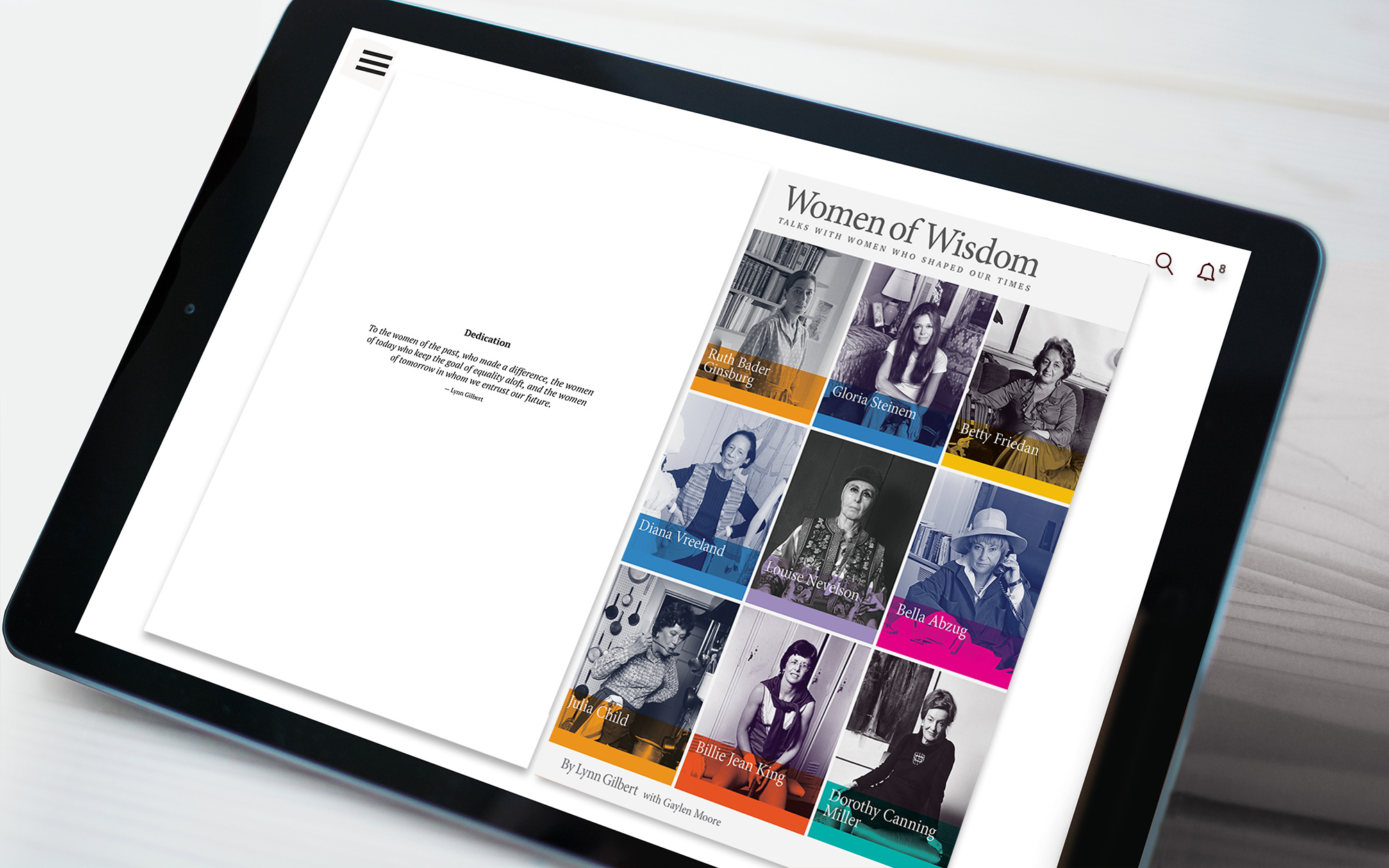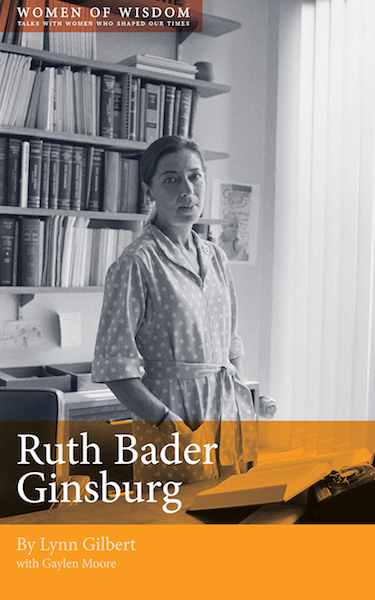"The kind of writing I’d like to do has to do with both theory and reporting. Thesetwo things have to be hooked up. I think that’s what feminism has to contribute to the world at large; that you can’t just write theory out of no reality, that you have to start as we started, in consciousness-raising groups, and say, Here’s the real situation and here’s the theoretical conclusions that the real situation leads to. The separation between experience and theory is part of the whole split between the intellectual and emotional that’s such a problem. I mean, it just doesn’t exist. It’s part of the male/ female split in our culture that has caused us to cut off qualities in ourselves. It’s not that there aren’t two sides to some things. I’m sure there are, but there aren’t two sides to everything. There are eleven, or a hundred and fourteen or one, and it’s a gross distortion of reality to say there are two sides or to say there has to be a winner or a loser. Reality is much more diverse and interesting than that, and all the splits of intellect and emotion and body and mind should be mended. Feminism is the belief that women are full human beings. It’s simple justice." Gloria Steinem
The oral biography of Gloria Steinem, whose dedication to feminism and social justice continues to improve life for millions of people worldwide.










